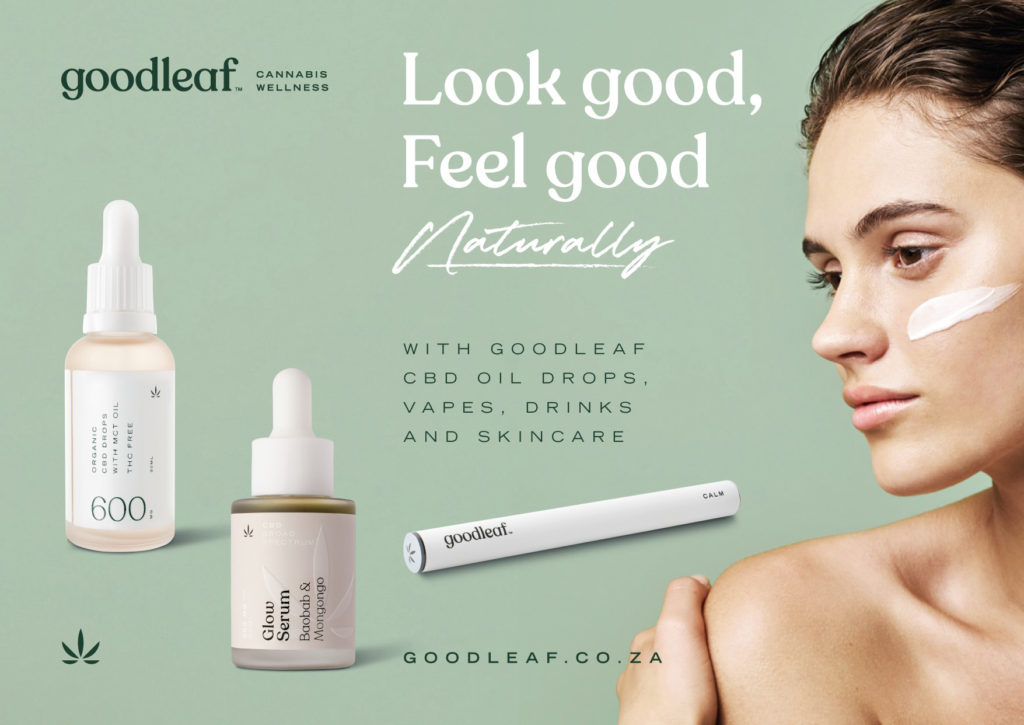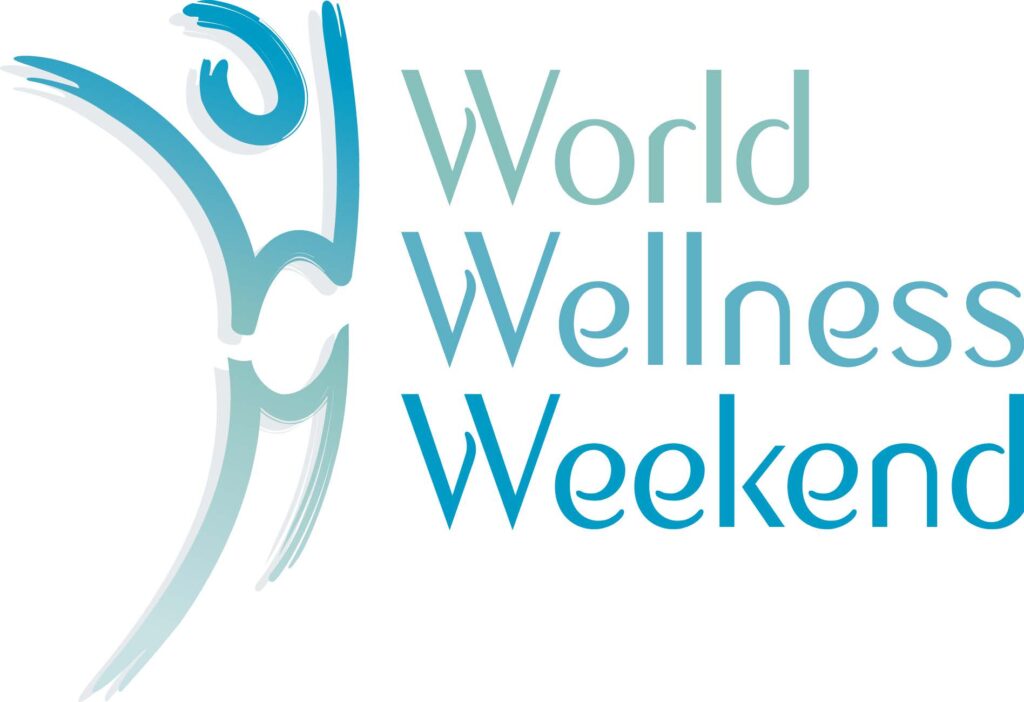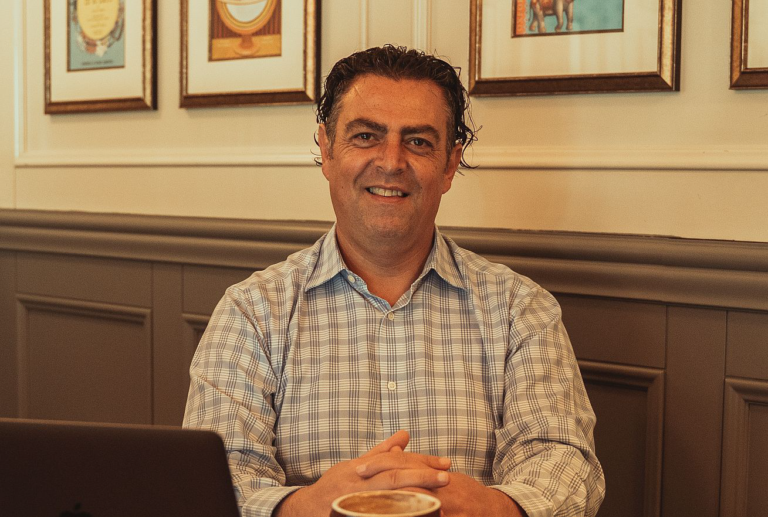By Celeste Peters
 I am sure we have all used the word “FINE” with an ulterior motive to get people off our backs. We have answered a question in the hope that people will leave us alone. The acronym for “FINE” is well remembered with the words: freaked out, insecure, neurotic and emotional. I think this combination of words fit the elegant word, “FINE” rather well during this pandemic time.
I am sure we have all used the word “FINE” with an ulterior motive to get people off our backs. We have answered a question in the hope that people will leave us alone. The acronym for “FINE” is well remembered with the words: freaked out, insecure, neurotic and emotional. I think this combination of words fit the elegant word, “FINE” rather well during this pandemic time.
A friend would use “FINE” when she was not feeling great. We took this as a warning bell that she was any-thing but fine in the true sense of the word. If people don’t have any-one to talk to nor anyone who can understand how they are feeling, depression can set in. The reality is mental health needs to be supported and like physical health we need exercises to help. Unfortunately mental health is still very stigmatized and people don’t talk about these issues of feeling depressed having anxiety or plain just being sad. Yes we joked about, “FINE,” but we knew our friend needed us more during these times.
I am sure that many of us have experienced down days during this pandemic and we needed to un-bundle and share our problems as we learned to talk and communicate more via zoon, over the phone and through WhatsApp. A problem shared is a problem halved we are told. Yes we can be grateful and we can be happy but some days can become an overwhelming awful state of unhappiness which can descend upon us due to circumstances. If we know what triggers this we can learn how to deal with it. Sometimes just a quick call to a friend or getting into the fresh air, walking, exercising, or listening to your favourite music or just getting a good night’s sleep can help, but some-times you might need something more. Mental wellness is a sensitive topic and more and more people need support, but do not talk about this taboo subject.
Emotional struggles seem to be highlighted with this pandemic. The natural progression of isolation, travel restrictions, social distancing, the lack of touch, cancelled events, loss of jobs, homes, no hugs but masks, lack of freedom, separation from families, friends and loved ones and in the worst cases even death have become additional triggers. As an African People, we are simply not made for isolation because we like to celebrate and cry together, or just come together at every opportunity given. Our family and friends whether extended or not form part of our core, it is our community and our culture means being together and these times may seem even more overwhelmingly challenging. In Europe depression has been treated for many years and there are enough psychologists and re-sources to support but what about our countries in Africa, where health systems are not robust? Ac-cording to the WHO only 21% of African countries have recent mental health legislation compared to a global average of 40%, and only 27% have resourced policies, compared to 53% in the rest of the world. The mental health workforce is a tenth of the global average (0.9 professionals per 100,000 population vs. 9 per 100,000 population).

So how are you actually doing ? Are you really okay? How is your team coping ? More importantly what is your current state of mindset and do you still have your positive attitude? How have your future plans been affected with this pandemic?
I hear you silently sigh as you read this. Yes I know, we all have a story to tell and we should tell it or at the very least talk about it. We are all in this together, no one has been spared from COVID 19, it’s consequences nor its misery.
Some days are good and some days are better than others. It all depends on perspective and mindset. For those caught up in another country since lockdown we can only imagine how your anxiety levels have grown and how homesick you must feel. For those who have been separated from loved ones, we feel your heartbreak and for parents who have children overseas like many parents in Africa do, these are tough times. My chest tightens as I being to think about all the wellness centres, spas and hotels in our industry that have closed indefinitely and how many people have lost their jobs in services and hospitality and possibly their homes too. How bleak the future must look for them? The lives of loved ones lost and the grief of not being able to say final goodbyes in these times have an enormous effect on our community.
Mental wellness should be attracting our attention in Africa as suicide statistics continue to grow. Suicides are on the increase as social distancing and touch free become part of the new norms. The very supposed safe measures that are there to keep us physically well are also killing people emotionally.


Even before the pandemic, according to the World Health Organization (WHO), Kenya is not the only African country struggling with high rates of suicide. In Nigeria or Ivory Coast, the figures are even higher than in most European countries, the US or China, with more than 15 suicides per 100,000 inhabitants per year. South Africa recently released suicide statistics in August 2020 for the four months following the declaration of the lockdown in March. Health Minister Zweli Mkhize said 1 781 suicide-related deaths occurred under lockdown between the 27 March and 27 July. Many South Africans are increasingly experiencing depression due to financial burdens and stress brought about by the coronavirus pandemic and the long lockdown experienced. World-wide it has been reported that the COVID-19 has created anxiety, panic and an increase in substance abuse. The USA recently reported that 40 % of adults are dealing with some sort of mental or behavioural issue since the pandemic. We don’t have the latest statistics for Africa as a whole but depression affects more than 300 million people globally. With lockdown people’s lives have stopped and they feel lonely, thus impacting on wellbeing and psychological functioning. Even Michelle Obama recent-ly revealed on a podcast that that she too is dealing with low grade depression. Experts feel that when people talk out it helps to dispel the stigma and the misconception of depression.
10 October 2020 is World Mental Health Day which is created to support public awareness to make issues related to mental health a global priority.
Facts about mental health:
- About half of mental disorders begin before the age of 14.
- War and other major disaster such as trauma incidents contribute to the causes of mental health disorders.
- Mental disorders are one of the most well- known and treatable causes of suicide.
- Discrimination against families and people with mental disorders prevents people from seeking mental healthcare.
- There is a huge number of reports on violation of human rights to people with mental disabilities across the globe.
The Third Sustainable Development Goal (SDG) is entitled ‘Ensure healthy lives and promote well-being.’ We look forward to encouraging more wellbeing within our SWAA community. Let us keep engaging in promoting mental wellness and promoting wellbeing within our communities.
And next time you answer that you feel fine, focus on really meaning it. Let’s change perceptions and work at exercising positivity with the Acronym that is PANDEMIC PROOF for “FINE” – fit, im-proving, normalizing and engaging.




